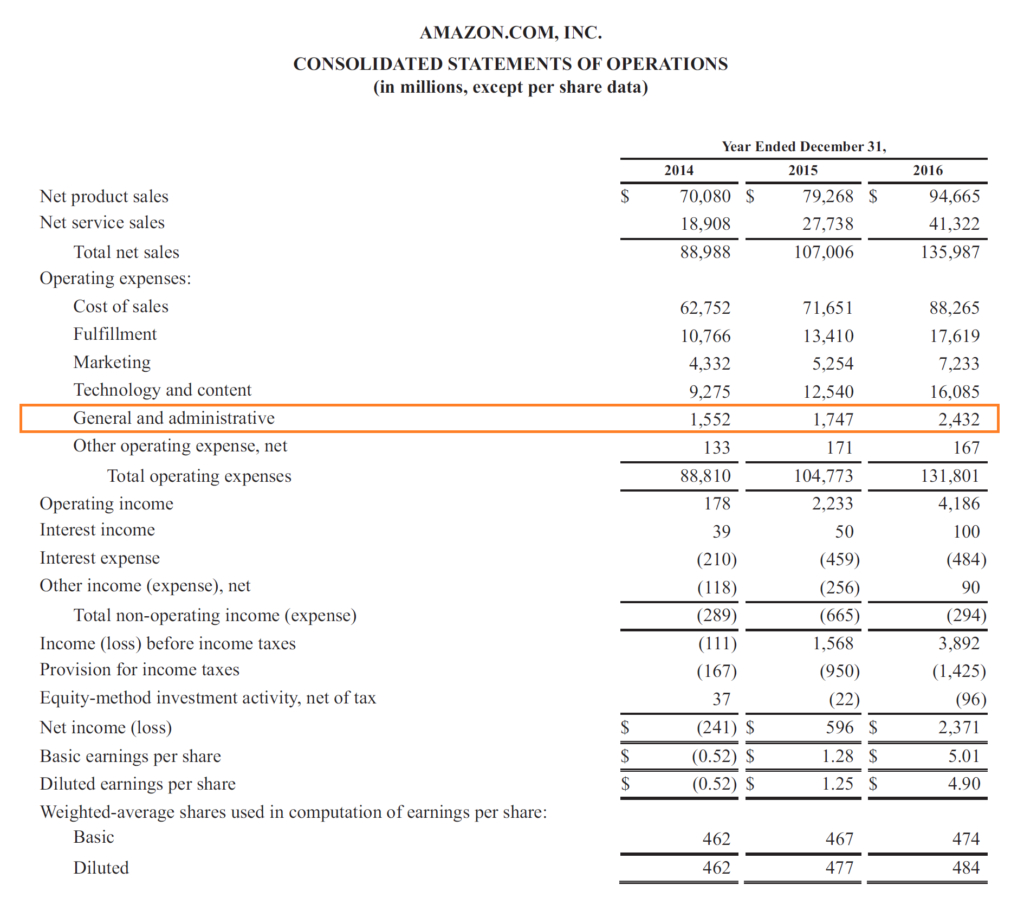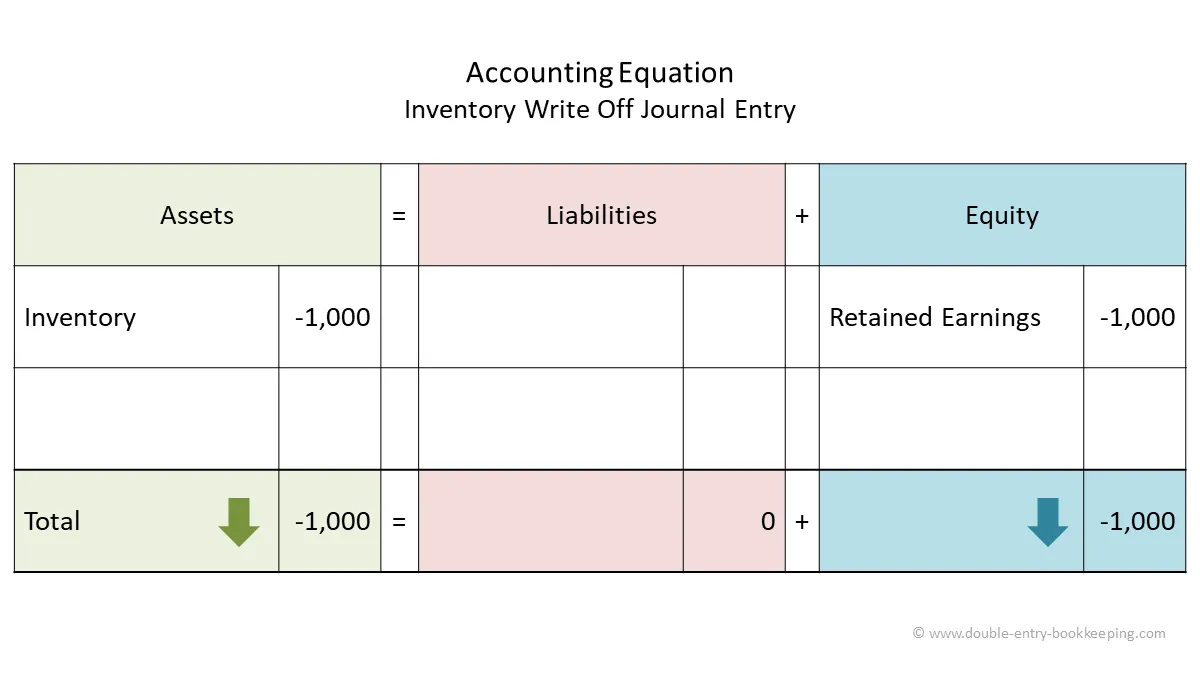Can you write off coffee as a business expense? The answer isn’t a simple yes or no. While a daily latte might seem like a personal indulgence, the IRS allows deductions for certain business-related expenses, and under the right circumstances, that morning joe could be one of them. This guide navigates the complexities of deducting coffee costs, exploring IRS guidelines, substantiation methods, and the impact of your business structure. We’ll delve into scenarios where coffee is a legitimate write-off and those where it’s clearly not, providing clarity on this often-overlooked aspect of business accounting.
Understanding the IRS definition of “ordinary and necessary” business expenses is crucial. This means the expense must be common in your industry and helpful to your business. Documenting these expenses meticulously is equally important, as the IRS may require proof during an audit. We’ll examine various scenarios—from client meetings to employee morale—to determine the deductibility of coffee in each situation, offering practical examples and actionable advice to ensure you’re compliant.
IRS Guidelines on Business Expenses

The Internal Revenue Service (IRS) allows deductions for ordinary and necessary business expenses. Understanding these guidelines is crucial for accurately reporting business income and expenses. This section will clarify the IRS’s definition of “ordinary and necessary,” detail documentation requirements, and provide examples of deductible and non-deductible coffee expenses.
IRS Definition of “Ordinary and Necessary” Business Expenses
The IRS defines “ordinary” business expenses as those that are common and accepted in your industry. “Necessary” expenses are those that are helpful and appropriate for your business. The expense doesn’t need to be indispensable, but it should be helpful and appropriate for the conduct of your business. This means the expense must have a direct connection to your business activities. Simply put, the expense should be both common practice and beneficial to your business operations. A court case, Welch v. Helvering, 290 U.S. 111 (1933), established this two-pronged test for deductibility.
Documentation Requirements for Deducting Coffee as a Business Expense
To deduct the cost of coffee, you must maintain sufficient records to substantiate the expense. This generally includes receipts or other documentation showing the date, amount, and purpose of the purchase. For example, a receipt from a coffee shop showing a purchase made during a client meeting would be sufficient. If you are claiming the cost of coffee purchased in bulk for your office, invoices from the supplier would be necessary. Maintaining detailed records is vital for an IRS audit; without proper documentation, the deduction may be disallowed. The IRS recommends keeping records for at least three years from the date you filed the return.
Examples of Deductible and Non-Deductible Coffee Expenses
Deductible coffee expenses typically involve situations where the coffee is directly related to business activities. For instance, coffee purchased for a client meeting to foster business relationships is generally deductible. Coffee provided to employees during a mandatory business training session is also often considered deductible. Similarly, the cost of coffee and other refreshments provided during a business conference could be a deductible expense.
Conversely, coffee purchased solely for personal consumption is not deductible. This includes coffee purchased for your personal enjoyment during your commute or at home, even if you are working remotely. Coffee purchased for a social gathering with friends, unrelated to business, would also be considered a non-deductible personal expense. The key distinction lies in the direct relationship between the coffee purchase and the conduct of your business.
Relevant IRS Code Sections and Publications
While there isn’t a specific IRS code section dedicated solely to coffee deductions, the general rules governing business expenses apply. Relevant sections include Section 162, which covers ordinary and necessary business expenses, and Publication 463, which provides guidance on travel, gift, and car expenses. These publications offer detailed explanations and examples that can assist in determining the deductibility of various business expenses, including those related to food and beverages. Referencing these resources will ensure compliance with IRS regulations.
The “Ordinary and Necessary” Test for Coffee Expenses
The Internal Revenue Service (IRS) allows deductions for business expenses only if they are both “ordinary and necessary.” This seemingly simple test requires careful consideration, particularly for seemingly minor expenditures like coffee. Understanding the nuances of this test is crucial for ensuring your tax filings are accurate and compliant.
Determining “Ordinary” Coffee Purchases, Can you write off coffee as a business expense
Whether coffee purchases are considered “ordinary” depends heavily on your industry and business practices. For a real estate agent frequently meeting clients in coffee shops, purchasing coffee for these meetings would likely be considered ordinary. This is because it’s a common practice within the real estate industry to conduct business in informal settings. However, for a software developer primarily working remotely, frequent coffee shop visits might be less ordinary and more closely resemble personal expenses. The key is demonstrating that the coffee purchase is consistent with the standard practices within your specific profession.
Defining “Necessary” Coffee Expenses
A “necessary” business expense is one that is helpful and appropriate for your business. While a daily latte might seem enjoyable, it’s unlikely to meet this standard. However, coffee purchased for a client meeting to foster a positive relationship and potentially secure a deal could be deemed necessary. The necessity hinges on a direct connection between the expense and the generation of income or the advancement of business interests. For example, providing coffee to employees during a brainstorming session aimed at developing a new product could be considered necessary. The cost of coffee for such events would likely be considered a necessary expense for business development.
Coffee for Clients versus Employees
The deductibility of coffee expenses differs depending on whether it’s for clients or employees. Coffee provided to clients during a business meeting is more readily deductible as a direct business expense, contributing to client relations and potentially influencing sales. Conversely, coffee provided solely for employee consumption is generally treated differently. While it might be a perk to improve morale and productivity, the IRS may scrutinize these expenses, potentially classifying them as employee compensation, subject to different tax rules. This often requires careful documentation to justify its business purpose, rather than simply an employee benefit.
Blurred Lines Between Personal and Business Use
The line between personal and business coffee consumption can become blurred, particularly for self-employed individuals or small business owners. For instance, regularly purchasing coffee from a shop near your home office might be difficult to distinguish as solely a business expense, even if you claim to work while consuming it. Similarly, purchasing a large quantity of coffee for home use, even if a portion is consumed during client meetings, can raise red flags with the IRS. Maintaining detailed records of coffee purchases, specifying the business purpose for each transaction, and avoiding excessive personal consumption are crucial for minimizing potential audit issues. For example, receipts clearly showing the purchase was made at a meeting location or a client’s office could help to prove the business purpose of the expense.
Coffee as a Business Expense

Determining the deductibility of coffee expenses hinges on whether they meet the IRS’s definition of “ordinary and necessary” business expenses. This means the expense must be common and accepted in your industry, and helpful and appropriate for your business. The specifics depend heavily on the context of the purchase.
Coffee Deductibility in Various Business Settings
The deductibility of coffee expenses varies significantly depending on the situation. The following table clarifies this distinction.
| Scenario | Deductible? | Rationale |
|---|---|---|
| Coffee purchased for a client meeting | Potentially | If the meeting is directly related to business and the coffee is a reasonable expense to facilitate a successful meeting, it may be deductible. However, extravagant or excessive spending would likely be disallowed. |
| Coffee provided to employees to boost morale | Potentially | Providing coffee for employees might be considered a deductible employee benefit, but only if it’s a regular, consistent practice and not excessive. The IRS might scrutinize the amount spent. |
| Coffee purchased for office use | Potentially | Coffee for office use is generally considered a deductible expense, similar to other office supplies. However, the cost should be reasonable and proportionate to the business’s size and needs. |
Examples of Coffee Expense Deductibility
The following table illustrates various scenarios with specific examples of coffee expenses and their deductibility.
| Scenario | Amount Spent | Deductible Portion | Justification |
|---|---|---|---|
| Buying coffee for a client meeting (two lattes at $5 each) | $10 | $10 | Directly related to business; facilitated a productive client meeting. |
| Providing coffee and donuts for a team meeting (total cost $30) | $30 | $30 (potentially) | Could be considered a deductible employee benefit if the expenditure is deemed reasonable and not excessive. The donut cost might be considered separately. |
| Purchasing a high-end coffee machine for the office ($500) | $500 | Depreciated over several years | This is a capital expenditure, not an immediate deduction. It should be depreciated over its useful life according to IRS guidelines. |
Scenarios with Partially Deductible Coffee Expenses
In some situations, only a portion of the coffee expense might be deductible. Accurate allocation is crucial. For example, if you use your home office to conduct business and purchase coffee for both personal and business use, you can only deduct the business portion. This requires careful record-keeping and a reasonable allocation method, such as tracking the percentage of time the office is used for business purposes. A similar situation arises when entertaining clients – only the business-related portion of the meal (including coffee) is deductible. A common method for allocating expenses is to use a ratio based on time spent on business activities versus personal activities. For example, if 70% of your home office time is dedicated to business, then 70% of your coffee costs are potentially deductible.
Record-Keeping and Documentation Best Practices
Meticulous record-keeping is crucial for successfully claiming coffee as a business expense. The IRS requires substantiation for all deductions, and failing to maintain proper documentation can lead to disallowed expenses and potential penalties. This section details best practices for documenting coffee-related costs to ensure compliance and protect your business.
Proper record-keeping for coffee expenses involves more than just casually saving receipts. It requires a systematic approach to ensure all expenses are accurately captured, categorized, and readily available for review, particularly during an audit. The goal is to demonstrate a clear link between the coffee purchased and its legitimate business purpose.
Receipt Retention and Expense Reports
Maintaining detailed records of all coffee purchases is paramount. This includes retaining original receipts, clearly showing the date, vendor, amount spent, and a brief description of the purchase (e.g., “Coffee for client meeting”). These receipts should be organized chronologically and stored securely, either physically in a dedicated file or digitally in a well-organized system. Regularly consolidate receipts into expense reports, categorizing expenses for easier analysis and reporting. For example, a monthly expense report could categorize coffee expenses under “Client Entertainment” or “Office Supplies,” depending on the context of the purchase.
Importance of Accurate Records for IRS Audits
Accurate records are not merely a best practice; they are essential for surviving an IRS audit. During an audit, the IRS will scrutinize your expense reports to verify the legitimacy of your deductions. If you cannot provide sufficient documentation to support your coffee expenses, the IRS may disallow the deduction, resulting in an increased tax liability and potential penalties. Maintaining meticulous records protects your business from such consequences and demonstrates your commitment to tax compliance.
Effective Record-Keeping Methods for Coffee Expenses
Several methods can facilitate effective record-keeping. A simple approach is to use a dedicated notebook or spreadsheet to log coffee purchases, including the date, vendor, amount, and a brief description. More sophisticated methods involve using accounting software, which automatically categorizes and tracks expenses, generating reports for tax purposes. Some popular accounting software options include QuickBooks, Xero, and FreshBooks. These programs often allow for direct upload of receipts via mobile apps, streamlining the record-keeping process.
Categorizing and Organizing Coffee Expenses in Accounting Software
Accounting software offers robust categorization and organization features. When entering coffee expenses, use descriptive categories relevant to your business. For example, you might create categories such as “Client Meetings,” “Employee Morale,” or “Office Supplies.” Consistent categorization is key for generating accurate reports and simplifying tax preparation. Many accounting software programs allow for customized categories, allowing you to tailor your system to your specific business needs. Regularly review and reconcile your expense reports to ensure accuracy and identify any discrepancies promptly.
Impact of Business Structure on Deductibility
The deductibility of coffee expenses, while seemingly straightforward, is subtly influenced by the legal structure of your business. Different business entities face varying tax rules and regulations, impacting how the IRS views such expenses. Understanding these distinctions is crucial for accurate tax reporting and maximizing deductions. This section will explore how sole proprietorships, partnerships, LLCs, and corporations handle coffee expense deductions.
The core principle remains the “ordinary and necessary” test; however, the application of this test and the documentation required can differ based on your business structure. For instance, the level of detail required in record-keeping might vary, impacting how easily you can substantiate your coffee expense deductions.
Sole Proprietorships and Coffee Expense Deductions
Sole proprietorships are the simplest business structure, with the owner and the business considered one and the same for tax purposes. Coffee expenses are reported on Schedule C (Form 1040), Profit or Loss from Business (Sole Proprietorship). Deductibility hinges on the “ordinary and necessary” standard; coffee purchased for client meetings or to fuel long workdays is generally acceptable. However, extravagant or personal coffee consumption is not deductible. Meticulous record-keeping, including receipts and a detailed log of coffee purchases, is vital for successful deduction claims.
Partnerships and Coffee Expense Deductibility
In partnerships, the business’s income and expenses are reported on Form 1065, U.S. Return of Partnership Income. Each partner then reports their share of income and deductions on their individual tax returns. Similar to sole proprietorships, coffee expenses must meet the “ordinary and necessary” criteria. For example, coffee provided to clients during business meetings or consumed during extended work sessions at the office would likely be deductible. Partnerships should maintain comprehensive records to support these deductions, allocating expenses fairly among partners.
LLCs and the Deductibility of Coffee Expenses
Limited Liability Companies (LLCs) offer a flexible structure, often taxed as either sole proprietorships, partnerships, or corporations, depending on the election made with the IRS. The deductibility of coffee expenses mirrors the rules applicable to the chosen tax structure. If an LLC is taxed as a sole proprietorship, the rules Artikeld above apply. If taxed as a partnership, the partnership rules govern. If taxed as an S corporation or C corporation, the corporate rules apply (as detailed below). Careful attention must be paid to the chosen tax classification to ensure accurate reporting and deduction claims.
Corporations and Coffee Expense Deductions
Corporations, both S and C, report income and expenses on corporate tax forms (Form 1120 or Form 1120-S). The “ordinary and necessary” test still applies to coffee expenses. However, corporations face more stringent scrutiny from the IRS. Detailed records are essential. Coffee consumed by employees during work hours might be deductible as a business expense, while personal consumption by shareholders or executives is generally not. The corporation must demonstrate a clear business purpose for the coffee expense to ensure its deductibility. For example, providing coffee to clients during a presentation or to employees during a long meeting could be justifiable.
Substantiation of Coffee Expenses: Can You Write Off Coffee As A Business Expense

Proper substantiation of coffee expenses is crucial for ensuring their deductibility by the IRS. Failing to provide adequate documentation can lead to disallowance of the deduction, resulting in a higher tax liability. This section details effective methods for substantiating coffee purchases and the potential consequences of inadequate record-keeping.
Substantiating coffee expenses requires a clear and organized approach to demonstrate a direct connection between the coffee purchase and your business activities. This involves meticulous record-keeping and the use of reliable documentation to support your claims. The IRS scrutinizes expense reports, so maintaining accurate records is paramount.
Methods for Substantiating Coffee Expenses
Effective substantiation typically involves combining several methods to create a comprehensive record. Credit card statements provide a clear audit trail, while detailed expense reports offer additional context and support the business purpose of the purchase. Combining these methods strengthens the claim for deductibility.
Consequences of Insufficient Substantiation
The IRS may disallow coffee expense deductions if adequate substantiation is lacking. This can lead to penalties and interest charges on the unpaid taxes. In severe cases, it could even trigger an audit. Therefore, maintaining meticulous records is essential for avoiding these negative consequences.
Examples of Acceptable and Unacceptable Substantiation
Acceptable substantiation includes credit card statements showing coffee purchases made at business-related meetings or during client interactions, along with detailed expense reports specifying the date, location, amount, and business purpose of the purchase. For example, a credit card receipt showing a purchase at a coffee shop near a client meeting location, coupled with a calendar entry detailing the meeting, would be considered strong evidence. Further, a detailed expense report outlining the business purpose of the coffee purchase, such as client relationship building or team brainstorming session, adds to the justification.
Unacceptable substantiation would include vague entries in a personal diary or a general statement in an expense report without supporting documentation. For instance, simply writing “coffee” in an expense report without any other information or receipts is insufficient. Similarly, relying solely on memory to justify the expense is inadequate. The IRS requires tangible proof. Providing receipts or credit card statements linked to a specific business activity is essential for successful substantiation.






